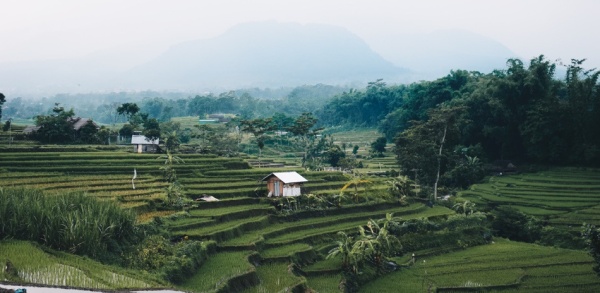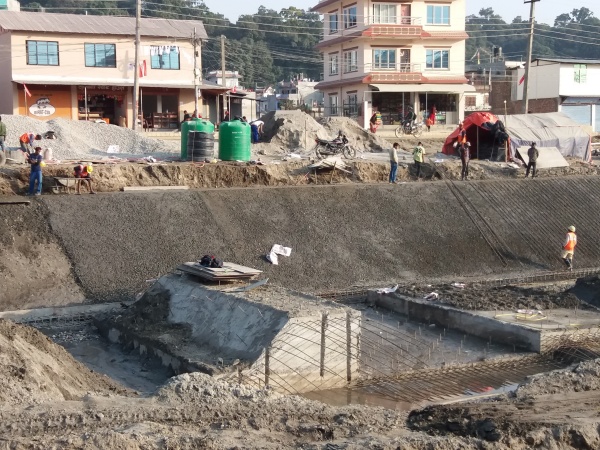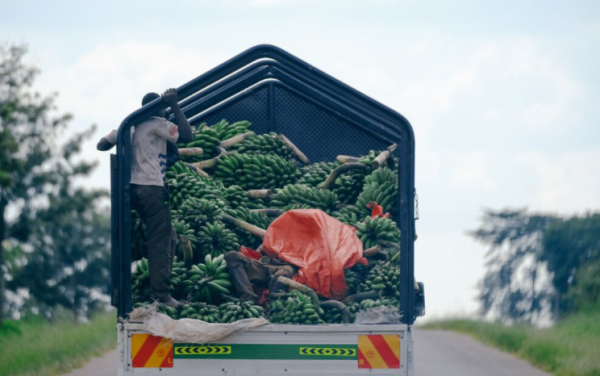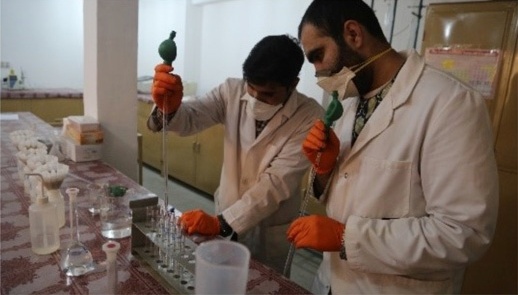Project
management

We are trusted by our clients to manage projects in an efficient and effective manner, ensuring value-for-money, and meeting deliverables on-time and within budget.
Landell Mills recognises the critical role that backstopping plays in successful contract delivery. Our backstopping processes are integral to the implementation methodology and run from start-up to beyond contract closure. We provide the necessary technical, financial, logistical and administrative resources and experience to ensure that contracts entrusted to us run smoothly and successfully, and we aim to reward the faith that clients have placed in us to deliver the expected results. We have various tools at our disposal, including checklists to ensure that projects and project staff adhere to our policies and procedures, while identifying ways to mainstream gender equality, social inclusion (GESI) and environmental considerations into our work.
Our project management services also encompass:
For example, we are overseeing the design, procurement and construction of livestock feedlots, animal handling and meat processing facilities, artificial insemination centres, and agricultural development centres on behalf of the EU in Namibia, following EU PRAG procedures. We also have experience of engineer responsibilities under FIDIC procedures.
We are currently fund manager for the World Bank-funded Export Readiness Fund in Bangladesh, a US$17 million matching grant fund supporting businesses to improve environmental, social and quality standards, to enable them to access export markets. This builds on our track record of managing matching grant projects for the World Bank which dates back to the 1980s. We have also been fund manager on behalf of the EU and FCDO (formerly DFID).
We have been consortium leader on a number of EU framework contracts over the last 20 years. We are currently leader of SIEA 2018 Lot 1 (Sustainable management of natural resources and resilience), which requires the submission of offers within 14 days of requests for services. We are also active on FCDO, ADB and WFP frameworks.
Project Examples
Project Management Design and Supervision Consulting Services (PMDSC) under Bagmati River Basin Improvement Project (BRBIP)
The BRBIP, when complete, will improve water security in terms of quantity and quality and resilience to potential climate change impact in the Bagmati River Basin. It builds on the general public’s desire to restore the river environment in the Kathmandu Valley and the Government’s efforts mitigate the impact of water-induced disasters in the middle and lower reaches of the basin. Landell Mills led the Project Management Design and Supervision Consulting Services under BRBIP between 2014 and 2020.

EU Framework Contract SIEA 2018 Lot 1 - Sustainable management of natural resources and resilience
We are currently leader of the EU Framework Contract for Services for Implementation of External Aid (SIEA) 2018 Lot 1 (Sustainable management of natural resources and resilience), which requires the submission of offers within 14 days of requests for services. We manage a consortium of 10 firms, utilising an online portal for the management of offers. As of October 2021, we have responded to 100 requests for services, and implemented 26 specific contracts.

Fund manager of the Afghanistan Business Innovation Fund (ABIF)
ABIF has been able to drive sustainable economic development by collaborating with entrepreneurs through incorporating a ‘Making Markets Work for the Poor’ (M4P) approach within a challenge fund mechanism. The pilot project provided a financial return to grant recipients while also leading to poverty reduction at scale.
ABIF recognised that in order to change the income inequality that had been created by donor driven economic growth, private sector investment was needed. To change the economic situation, Landell Mills designed and implemented a private sector challenge fund. It encouraged the private sector to conceptualise, develop and implement their own innovative pro poor investment projects. The grantees were the vehicle to introduce new goods, services or jobs into the market, and the beneficiaries were Afghans who directly benefitted from investments.
